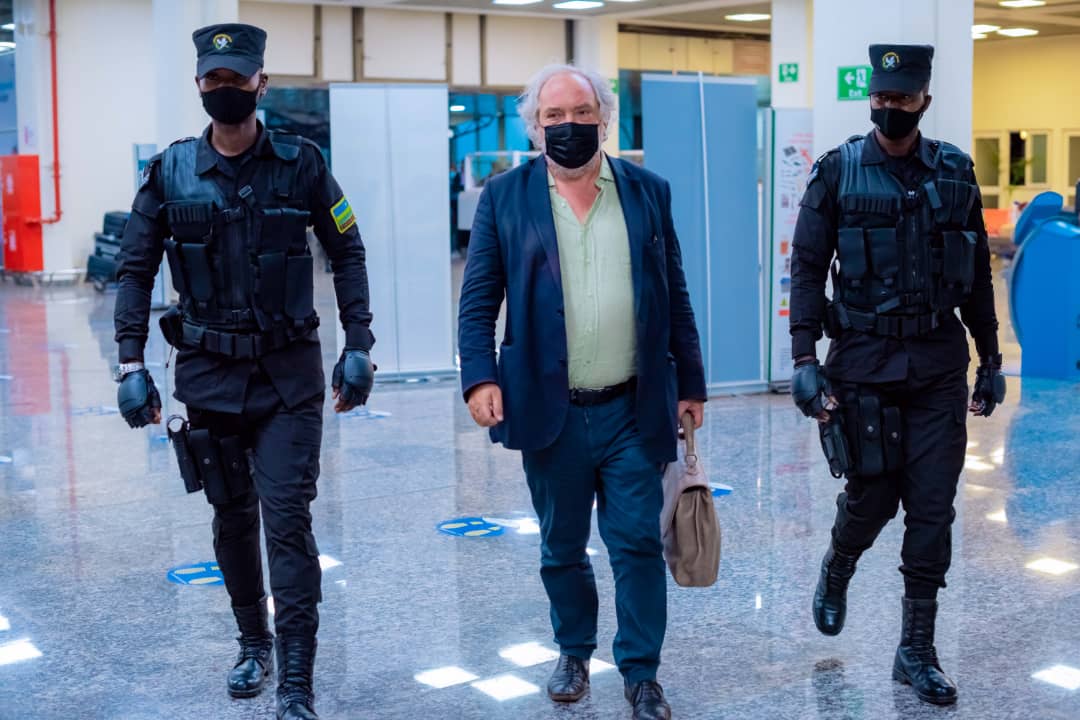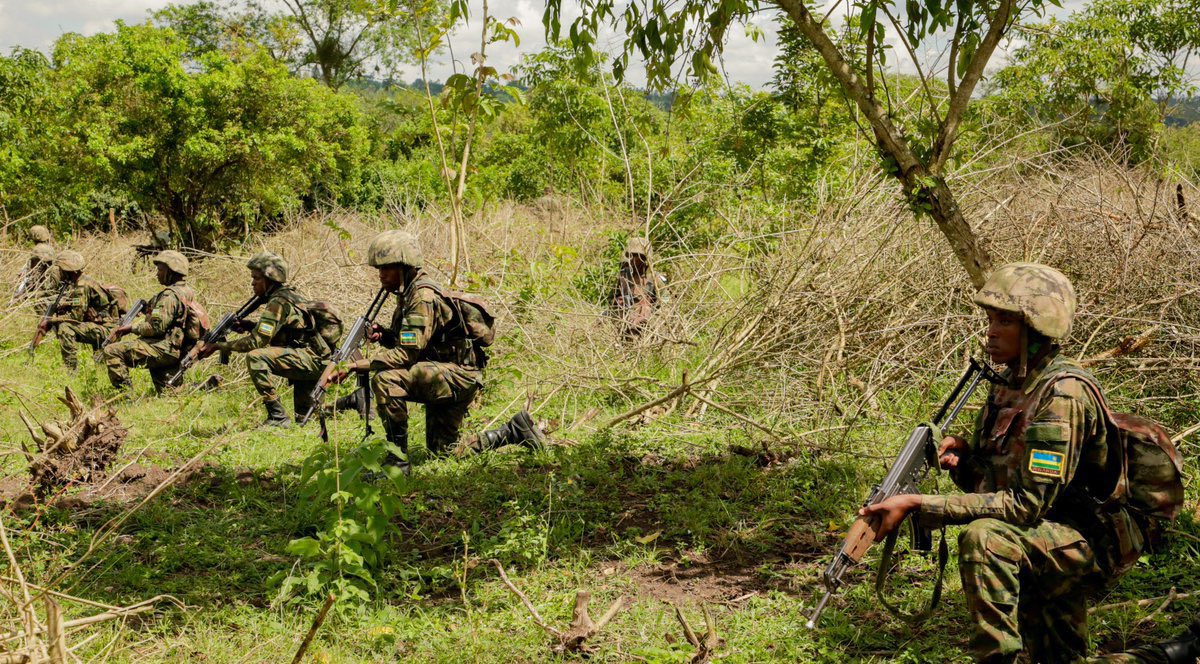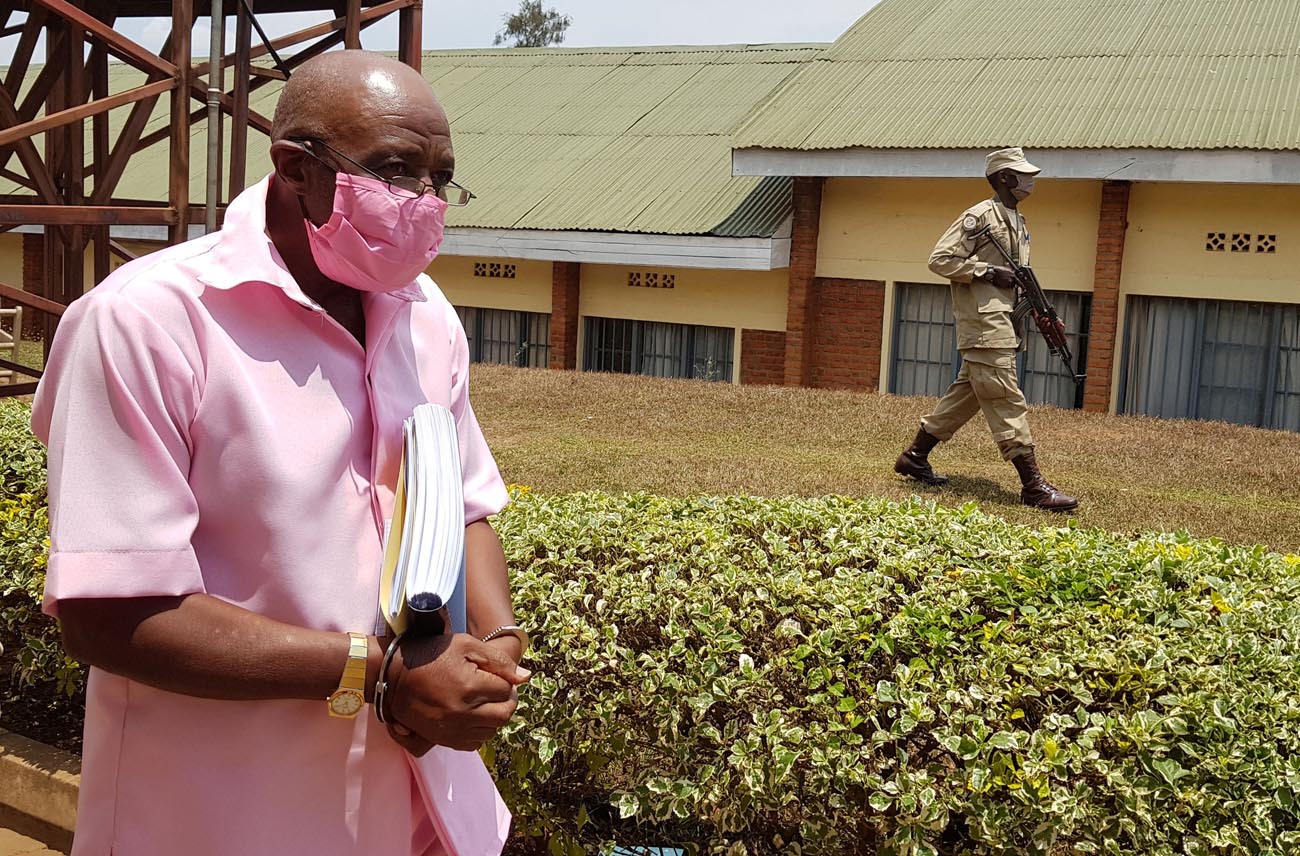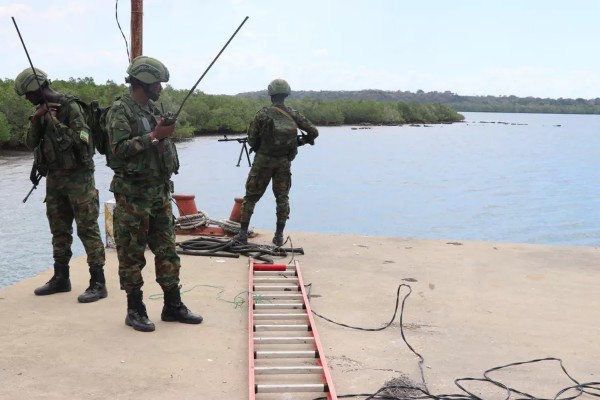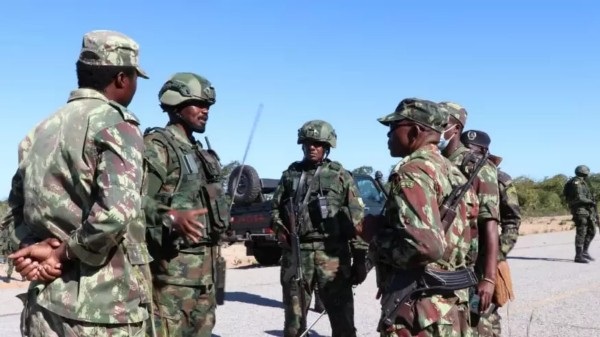International
Rwandan troops not in Mozambique to protect gas fields
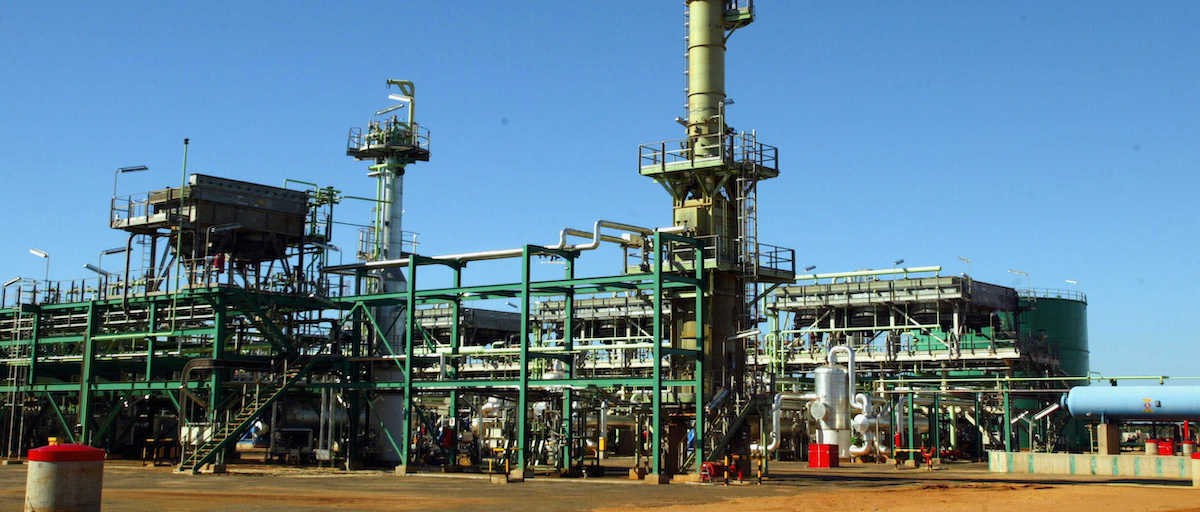
When
the Rwandan government deployed 1,000 combatants of the Rwandan Defence Force
(RDF) and the Rwandan National Police (RNP) in Mozambique, in July, they had a
specific mission. As declared by Mozambican President Filipe Nyusi, Rwandan
forces intervened in Mozambique on grounds of a bilateral security agreement
between the two countries.
He
indicated that Rwanda’s participation – [in the restoration of peace and
stability in Cabo Delgado]- was in line with the principle of solidarity for a noble
and common cause. It is about saving human lives and preventing the destruction
of public and private property and infrastructure.
Soon
after landing in Mozambique, Rwandan troops in collaboration with the Mozambique
Armed Forces (FADM) headed to the troubled province of Cabo Delgado where a
vicious Islamist insurgency had been wreaking havoc for about five years.
They
then seized the towns and villages which had been in the hands of terrorists,
in quick succession. The biggest blow to the insurgency was the capture of the
port city of Mocimboa da Praia which had become the capital of the insurgency.
These
rapid victories happened while members of the Southern African Development
Community (SADC) forces were still deliberating their deployment. The quick achievements
on the battlefield by Rwandan and Mozambican forces triggered a shock wave of
reactions, regionally and internationally. The global north media and so-called
security experts started minimising this victory and at times, appeared to
empathise with the insurgency.
But
most spurious is the narrative peddled by the Rwandan government’s detractors,
and the global north media, alleging that the Rwandan military is working as a
mercenary force deployed to protect the interests of Total, a French company
which runs a liquefied natural gas plant
in Palma district.
This
is exactly what the London-based Economist in its article - Why Mozambique
invited foreign troops to fight the jihadists,” published on August 12,
wants its readers to believe. The Economist claimed that the deployment of Rwandan
troops in Mozambique followed a deal sealed between French President Emmanuel
Macron, Rwanda’s President, Paul Kagame and Mozambique’s Nyusi.
Also misleading is the subtitle which appears
to indicate that Rwandan soldiers may have rescued the gas project but the
insurgents’ grievances fester. The insurgency is behind the violence which cost
more than 3,200 human lives and the displacement of more than 800,000 people.
How do these grievances explain the brutality of the insurgents on the local
population?
After
the fall of Mocimboa da Praia, the beaten jihadists melted away into the
forests. Locals in the areas most affected by the insurgency were delighted to
see them defeated, and their barbarity put to an end. Locals are happy about
the job being done by Rwandan troops.
The
author of the Economist article lauds the planned efforts by the West to
support the war on the insurgency but expresses doubts on whether it will ever
be completely defeated. As alleged, the ease with which the Rwandan troops marched
on Mocimboa de Praia suggests that they (insurgents) retreated to the bush
rather than fight.
What
the article’s author does not know – or intentionally avoids to mention – is
that the insurgency is being pummelled from all directions, like never before,
and is steadily being wiped out.
Like
some biased and diversionary ‘security experts’ in the region, the writer wants
readers to believe that the group may change its plans, spread across northern
Mozambique and adopt guerrilla tactics. Does the author really think the
insurgents have exclusive knowledge on guerrilla tactics?
Besides,
facts on the ground differ from what the global north media and so-called
experts want us to believe. Clearly, their agenda is to minimise the Rwandan
troops’ heroic acts and at the same time exaggerate the power of the Islamists.
The
Economist initially claimed that the Rwandan soldiers went to Mozambique to
protect Total's gas project but this quickly shifted. There is also the usual
diversionary lie that Rwanda is short of friends, “a result of hunting down
enemies in other countries and backing rebels in its neighbourhood.”
Rwanda
is not short of friends. This progressive country also does not support armed rebellion
in the region. On the contrary, it has been fighting armed terrorist outfits in
the region.
It
is also ridiculous to claim that Rwanda deployed troops in Mozambique to please
America, Britain, and France and because of the presence of dissidents in the
country. The global north media has its own way of turning any criminal on the
run into Rwandan dissidents.
This
article by The Economist vividly shows how a section of the global north media,
and the so-called security experts, are working so hard to mislead people about
Rwandan troops’ deployment in Mozambique.
At
the same time, they are relentlessly trying to belittle the successes of Rwandan
troops’ military campaign. But as the saying goes, actions speak louder than
words.
Rwandan
troops are not in Mozambique to protect gas fields. They are there to save
lives. They are for peace. Rwanda is leading from the front in providing African
solutions for African problems.


